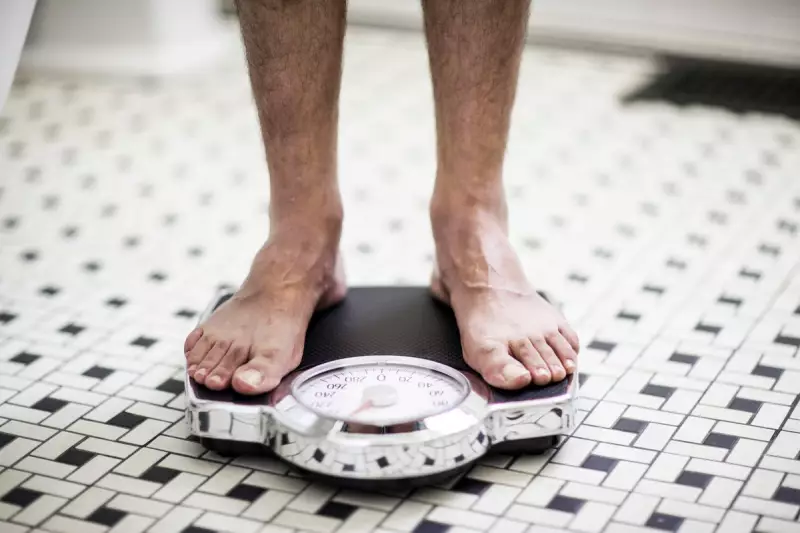
A landmark British study has delivered a stark warning about the hidden dangers lurking in our shopping baskets, revealing that ultra-processed foods directly contribute to weight gain and increased calorie consumption.
The research, conducted by a team of UK scientists, provides compelling evidence that these modern food products – often packed with additives, preservatives, and artificial ingredients – are fundamentally altering our eating habits and waistlines.
The Alarming Findings
Participants in the controlled study consumed approximately 500 more calories per day when following an ultra-processed diet compared to those eating unprocessed foods. This significant difference in energy intake occurred even when meals were matched for calories, sugar, fat, and fibre.
Most concerning was the rapid weight gain observed. Volunteers on the ultra-processed diet gained an average of 2kg over just two weeks, while those on the unprocessed diet lost weight during the same period.
Why Ultra-Processed Foods Drive Overeating
Scientists identified several key factors that make these foods particularly problematic:
- Hyper-palatability: Engineered combinations of fat, sugar, and salt create an almost addictive eating experience
- Reduced satiety: These foods don't trigger the same fullness signals as whole foods
- Convenience factor: Easy availability and minimal preparation encourage overconsumption
- Energy density: More calories packed into smaller portions
What Counts as Ultra-Processed?
The term refers to industrial creations containing ingredients you wouldn't find in a typical home kitchen. Common examples include:
- Mass-produced packaged breads and buns
- Sweetened breakfast cereals
- Instant noodles and soups
- Reconstituted meat products like sausages and chicken nuggets
- Soft drinks and sweetened juices
- Pre-packaged meals and snacks
Implications for Public Health
This research comes at a critical time, as ultra-processed foods now constitute more than half of the average Briton's diet. The findings suggest that current obesity strategies focusing solely on calorie counting may be inadequate.
Professor Kevin Hall, the study's lead author, emphasised: "We need to figure out what specific aspect of the ultra-processed foods affected people's eating behaviour and led them to gain weight. The next step is to design similar studies with a reformulated ultra-processed diet to see if the changes can make the diet effect on calorie intake and body weight disappear."
Practical Advice for Consumers
Nutrition experts recommend gradually reducing ultra-processed foods by:
- Preparing more meals from scratch using whole ingredients
- Reading labels carefully and avoiding products with long ingredient lists
- Choosing minimally processed alternatives when possible
- Being particularly cautious with ready meals and packaged snacks
This groundbreaking study adds to growing evidence that food processing methods may be as important to consider as nutritional content when addressing the obesity epidemic and related health concerns.





